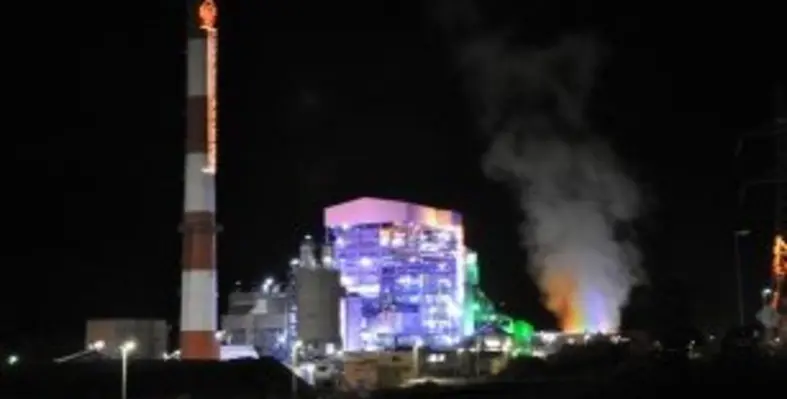Countries in the Middle East would have to spend US$316bn on utilities such as power and energy over the next five years to keep up with the growing demands of the region, according to a report by Arab Petroleum Investments Corporation (Apicorp)
Demand for energy is expected to surge 8.3 per cent a year till 2019, which is reportedly thrice the global average. Based on this increase, the Middle East would have to install an additional capacity of 156 MW along with new transmission and distribution infrastructure, added the report.
Ali Aissaoui, a senior consultant at Apicorp, said, ?We have been concerned that under investment in this vital sector and the resulting shortfall in electricity supply could impede economic growth and exacerbate social frustrations.?
According to reports, the UAE government companies want to expand the scale and scope of public utility works. Dubai Electricity and Water Authority (DEWA) is likely to spend US$5.4bn on projects, including a clean coal plant and a 1,000 MW solar park. Abu Dhabi National Energy plans to embark on its first standalone water desalination plant.
Apicorp added that due to an unfavourable investment climate and dearth of financing after the economic crisis, gathering capital for largescale expansion is a daunting task. It stated that credit extended to the Middle East region's power sector totalled US$7.1bn last year.
Since the advent of power sectors reforms, public utilities have been starved of funds in the belief that private investors will be forthcoming no matter how volatile and uncertain the investment climate turns out to be. The bottom line is that public utilities will continue to be underfunded as long as they compete for scarce state budget resources, added Aissaoui.
In order to overcome budget deficits, the Apicorp report recommends countries to empower state utilities with bigger budgets ? which the bank called ?investors of last resort? ? and make themselves more attractive to private investment. Another solution to provide funding is to make private investors launch initial public offerings (IPOs), which is happening in Oman right now.








